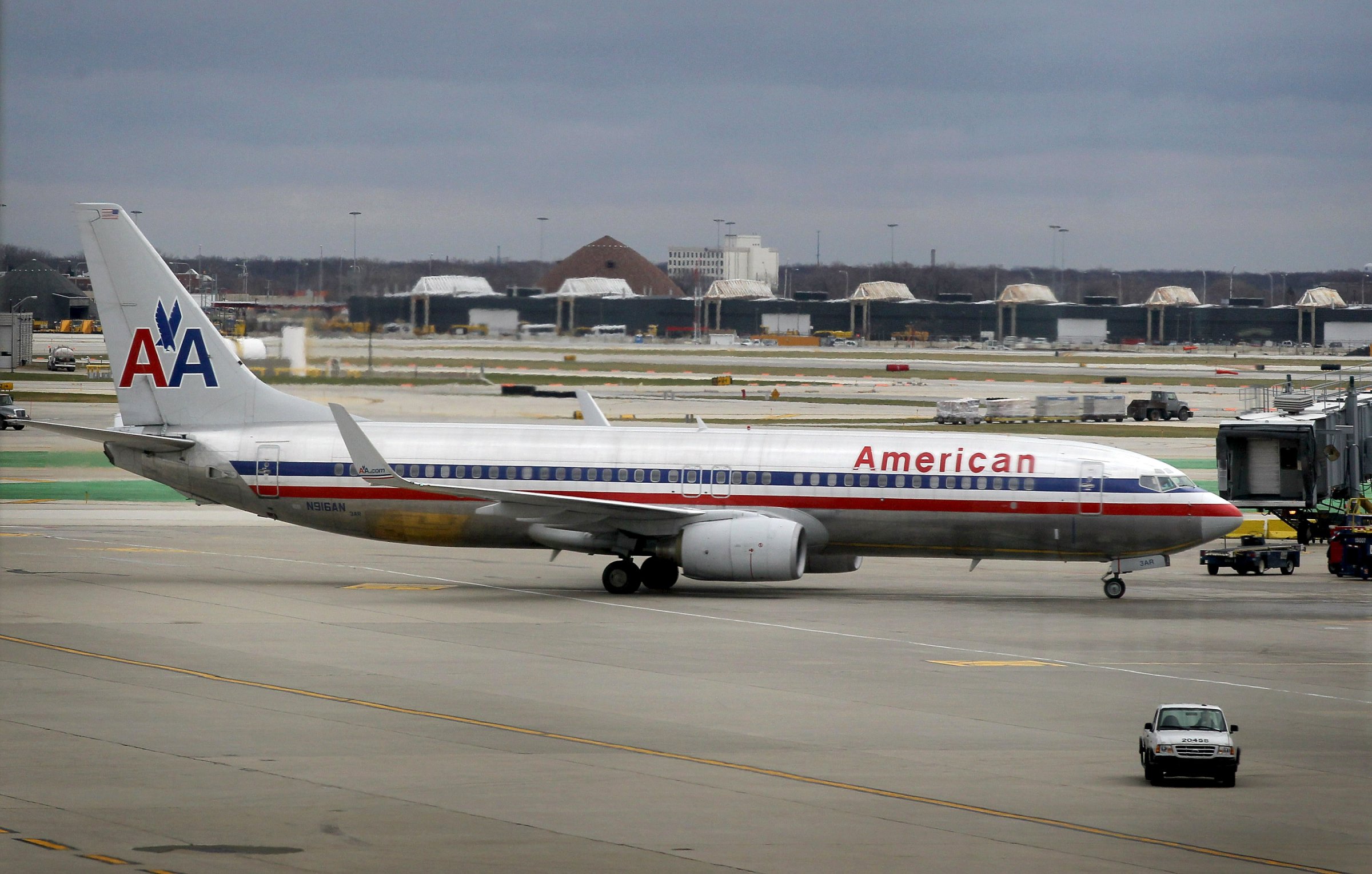
The Department of Transportation (DOT) has upped the ante in the battle over making the total cost of an airline trip transparent. And it may be taking on Congress in the process.
DOT is proposing a rule that would force carriers to disclose upfront the fees for the first checked bag, second checked bag, one carry-on item, and advance seat assignment. Since so much travel booking has shifted to online sites, DOT also wants to extend the definition of a ticket agent to include such aggregator sites such as Kayak or Google so that they too have to disclose these fees when consumers click on flights and fares. Additionally, the agency wants travel sites to come clean about any deals they have with the carriers that give some airlines preferred treatment, such as being at the top of the list. “Knowledge is power, and our latest proposal helps ensure consumers have clear and accurate information when choosing among air transportation options,” said U.S. Transportation Secretary Anthony Foxx in a statement.
DOT’s latest attempt to bring more clarity is a direct clash with a bill introduced in March by Pennsylvania Congressman Bill Shuster called the Transparent Airfares Act of 2014. Contrary to the title, though, the bill would trump existing DOT rules about transparency and instead allow airlines to advertise “base” fares. That is, “excluding government-imposed taxes and fees.” The bill’s proponents say it allows passengers to see exactly what the airlines are charging them, before the government adds its take.
That’s not the case, according to some passenger rights groups, such as the Business Travel Coalition, who argue that the legislation would undo regulations that DOT put in place in 2011 that forced airlines and ticket agents to post fares that included all mandatory fees and taxes. To passenger advocates, an airfare is what actually comes out of your pocket at the end of the transaction; how it’s divided up doesn’t really matter. DOT clearly agrees with that point of view. According to a spokesperson: “The full-fare advertising rule in the “Consumer II” regulation went into effect on October 24, 2011. We have no complaint category or subcategory for “air fare transparency,” but consumers have consistently confirmed that advertising of prices below the total cost of travel causes confusion. DOT’s full fare advertising rule requires airlines to state the entire price to be paid by a consumer but the carrier remains free to describe the charges included within the single total price such as government taxes and carrier fees (e.g., fuel surcharges).”
The clashing rules and legislation are both a response to the ongoing trend by the carriers to “unbundle” airfare pricing while at the same time offering premium price services such as early boarding or extra frequent flier points. Unbundling allows the carriers to set a price for a seat, and then to start adding fees: for checked bags, overhead space, roomier or preferred seats. DOT is responding to a rising chorus of complaints by passengers about hidden, or at least unanticipated, fees that drive up the final price they pay to travel. Although you can find these fees on most airlines’ web sites, they are not necessarily being featured.
The new regulations would also require smaller carriers such as Spirit to report their flight operations stats such as on time arrivals and departures. These ultra-low cost carriers (ULCCs) are growing fast, but they are currently under the reporting limit since that they represent less than 1% of domestic scheduled passenger revenue. DOT is dropping that threshold to .5%, which will capture the ULCCs. The agency also wants to require large travel agents to respond promptly to complaints and to let passengers place a 24-hour hold on a quoted fare without payment and be able to cancel without penalty if the reservation is made a week or more prior to departure date. The agency also wants to require carriers and ticket agents to disclose any code-share arrangements on initial itinerary displays on their websites—although most already do so.
These new rules changes, if they stick, will certainly give passengers a better picture of what they’re buying when they book a flight. But until that happens—and it won’t be before 2015—it’s safe to assume that quoted fare you see isn’t necessarily what you are going to pay. That’s why it may take some extra digging when you are trying to compare prices; make sure you understand all the fees you are likely to pay. Because if you are expecting to pay the quoted fare, you are going to be disappointed.
More Must-Reads from TIME
- Cybersecurity Experts Are Sounding the Alarm on DOGE
- Meet the 2025 Women of the Year
- The Harsh Truth About Disability Inclusion
- Why Do More Young Adults Have Cancer?
- Colman Domingo Leads With Radical Love
- How to Get Better at Doing Things Alone
- Michelle Zauner Stares Down the Darkness
Contact us at letters@time.com